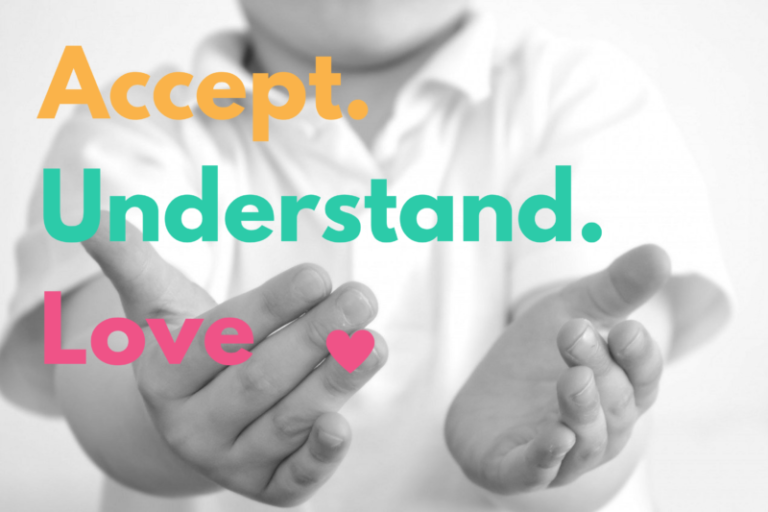
Accepting learning disabilities or ADHD diagnosis
Accepting learning disabilities or ADHD diagnosis is the first and foremost thing you can do as a parent. Many parents are unable to accept this fact and feel overwhelmed by the situation. Others show a range of emotions from shock and disbelief to anxiety and fear. Yet others may feel grief, depression, or shame, depending on the severity of the disability. The sooner a parent accepts their child’s limitations, the better their chances of developing a good and healthy relationship with their child. Unfortunately, there is a degree of stigma attached to problems involving mental health in our society, and this mindset contributes the maximum to the stress experienced by parents and children in accepting learning disabilities or ADHD diagnosis. A conscious effort to overcome this mindset and understand that learning disabilities or ADHD are as much a neurological problem as any other, say epilepsy, helps remove the propensity to blame themselves, their upbringing or the child. The essential thing to remember is that you need not look for a reason to blame learning disabilities or ADHD on anything. No specific act on the part of the parent or the child has led to this situation, and no miracle action or cure is possible.
Accepting learning disabilities or ADHD diagnosis – Adjust and Adapt
Accepting that your child has a disability is just the beginning; even after parents have accepted and, together with their child, found ways to adjust and adapt, other complications outside their control can cause setbacks. Experiences like social rejection by friends and extended family or unfair treatment by poorly informed educators can cause these setbacks. Parents can generally perceive when a person shows little or no understanding of their child and their actions, causing parents and the child to undergo instances of anger and frustration. Create a support circle for yourself that include understanding and trustworthy friends, family members and professionals to help you navigate this path. Advocate for your child at various spaces like the society you live in, the school, the park, tuition class and help people understand your child’s situation.
Accepting learning disabilities or ADHD diagnosis – Take Help
Once you have accepted that your child has a learning disability, another fact you need to recognise is that you and your partner will need support to help your child. Your family will have to undergo several adjustments to have some normalcy around the house. Let everyone pitch in – parents, the child, sibling and even the extended family.
It is also imperative to provide the right medical support to a child with learning disabilities or ADHD. Finding the right professional to diagnose your child’s learning disabilities or ADHD is essential. Sometimes the way a professional conveys the child’s diagnosis to parents can have a profound and lasting effect on the parent’s attitudes toward their child and also towards the professional. A good relationship between the parents and the expert is essential because the same professional will help guide the parents through the usual stages of acceptance, adjustment, and devise intervention for your child.